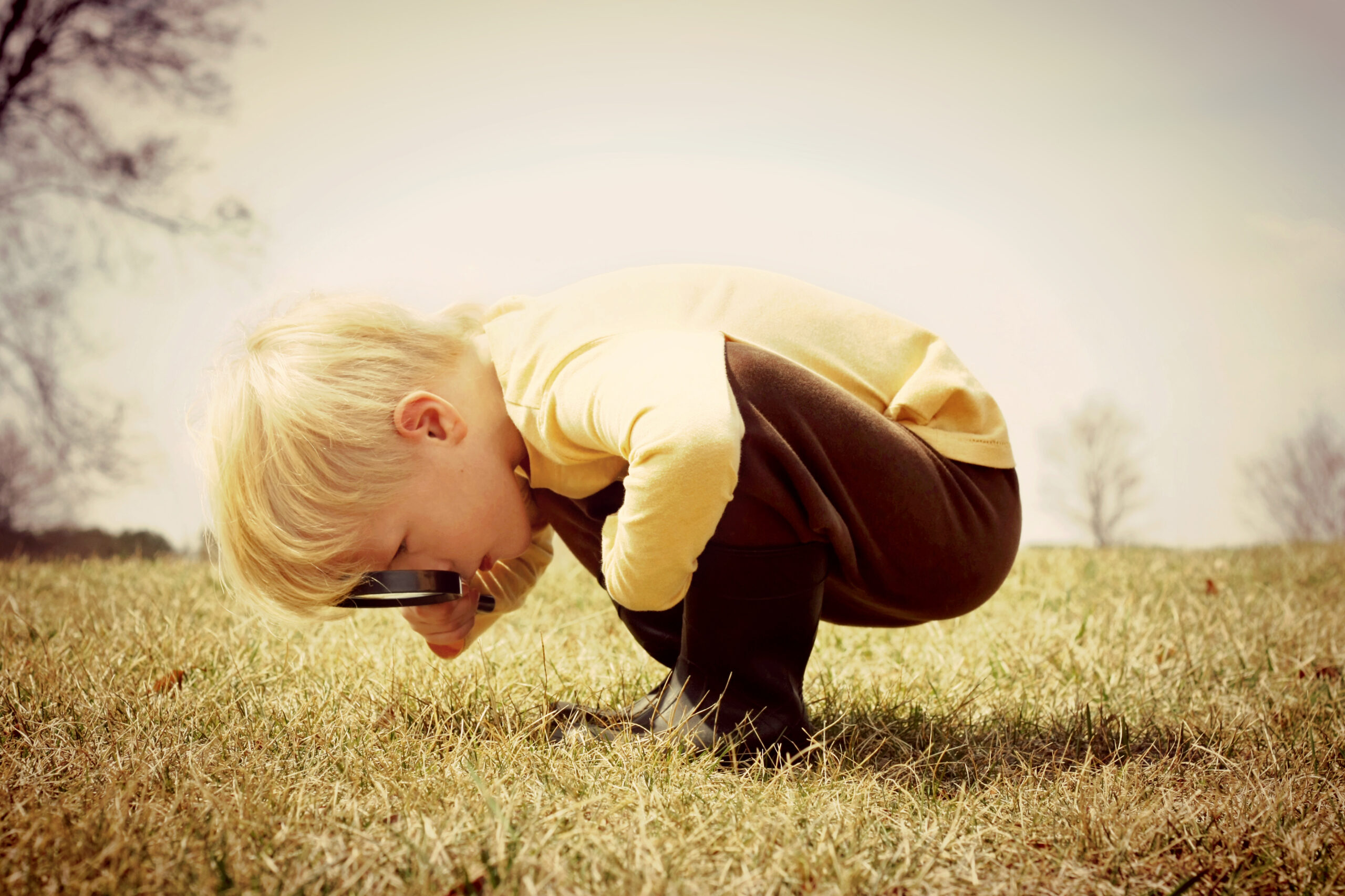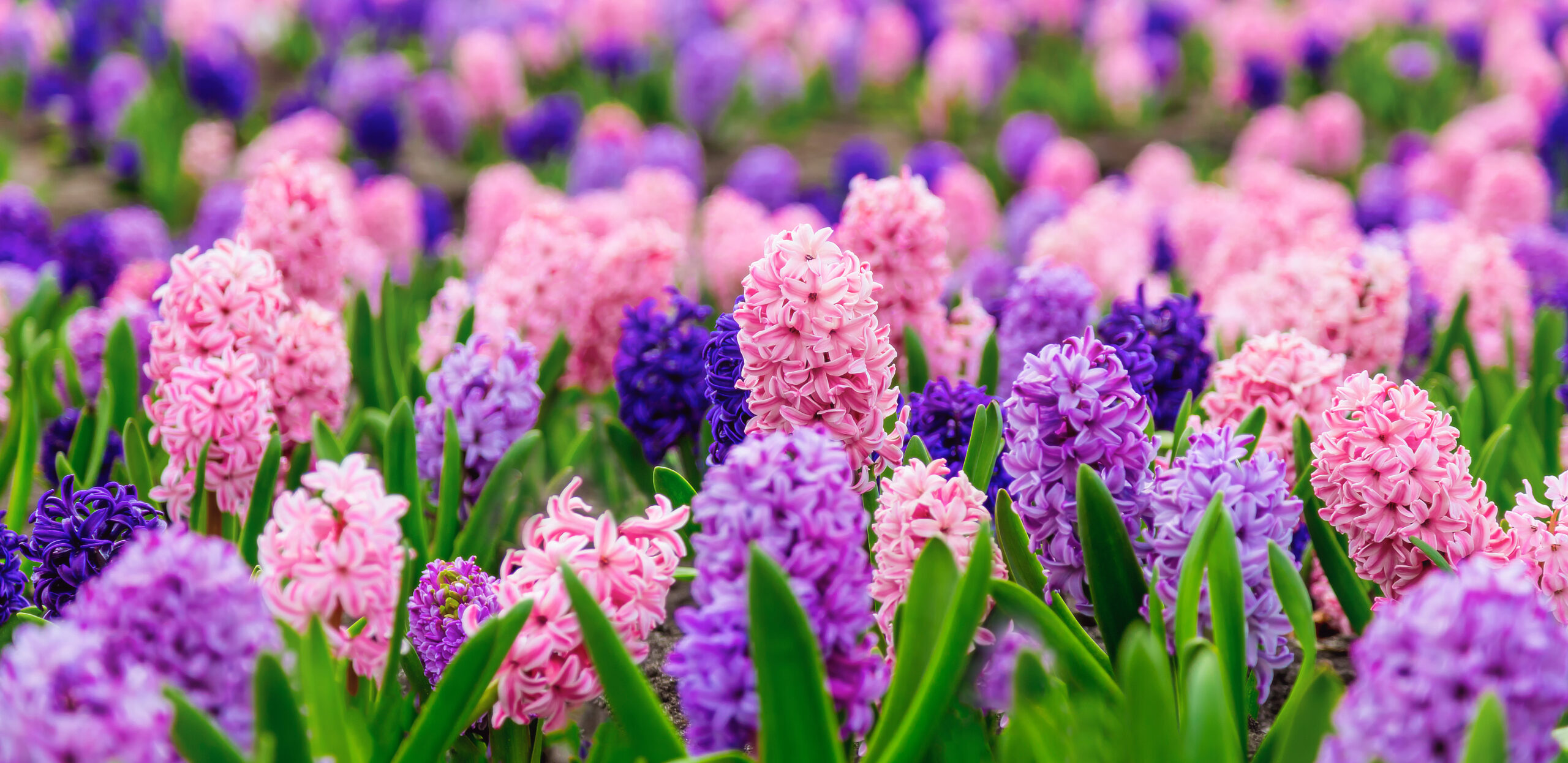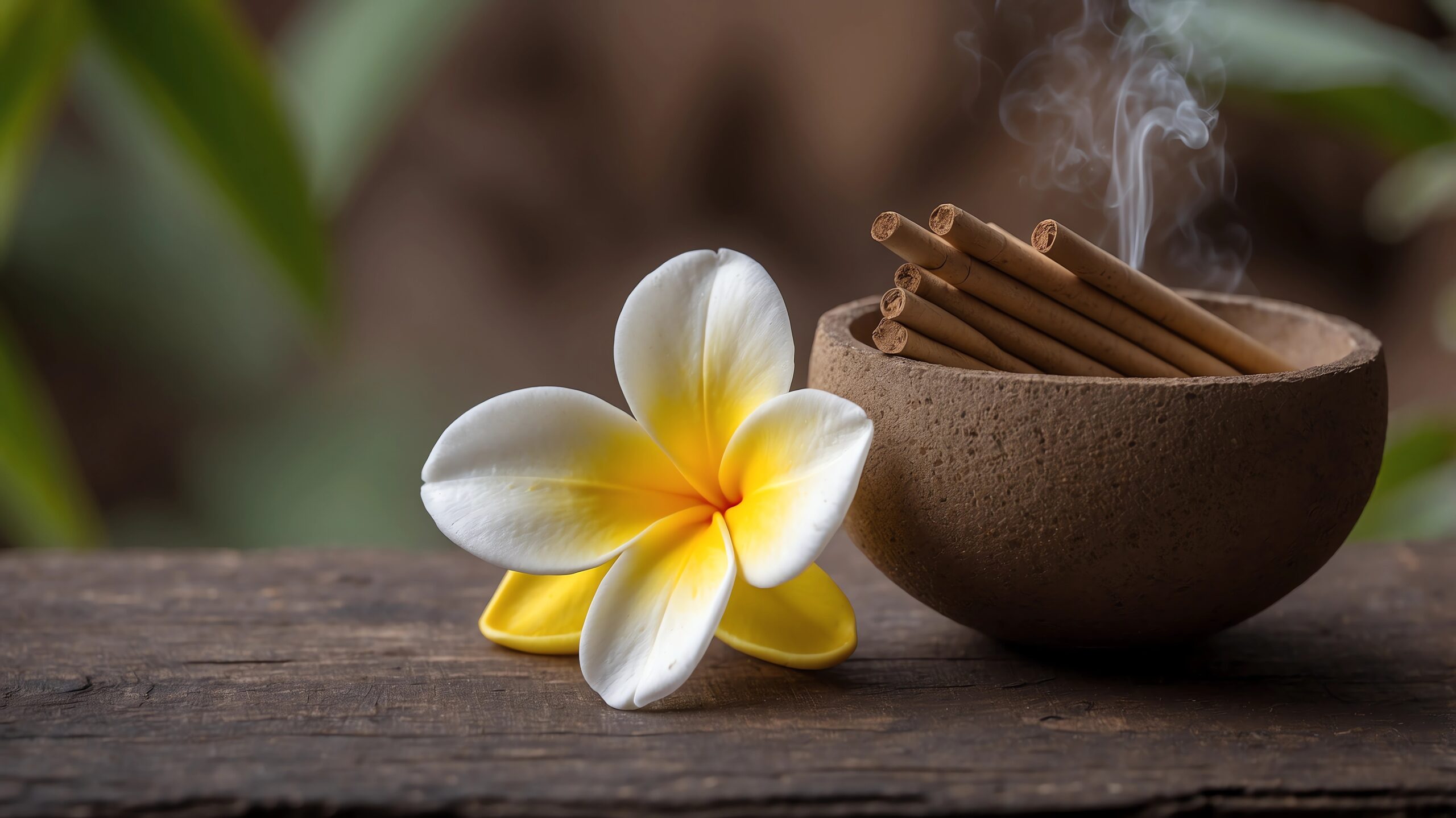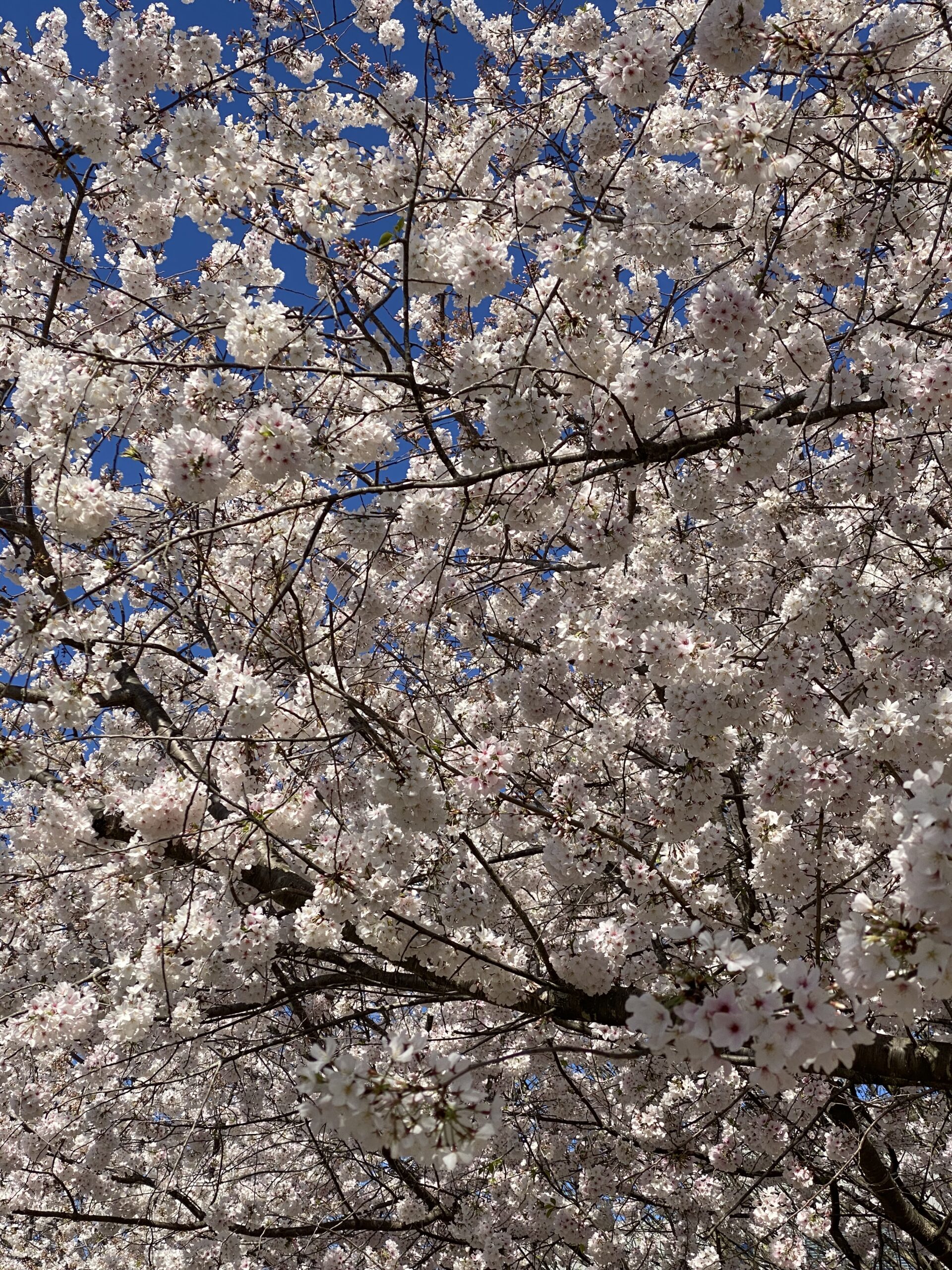Katie Steedly’s first-person piece [The Unspeakable Gift] is a riveting retelling of her participation in a National Institutes of Health study that aided her quest to come to grips with her life of living with a rare genetic disorder. Her writing is superb.
In recognition of receiving the Dateline Award for the Washingtonian Magazine essay, The Unspeakable Gift.
Enter your email here to receive Weekly Wide-Awake
Of Dust and Crows: A Gratitude Conversation with Wendy
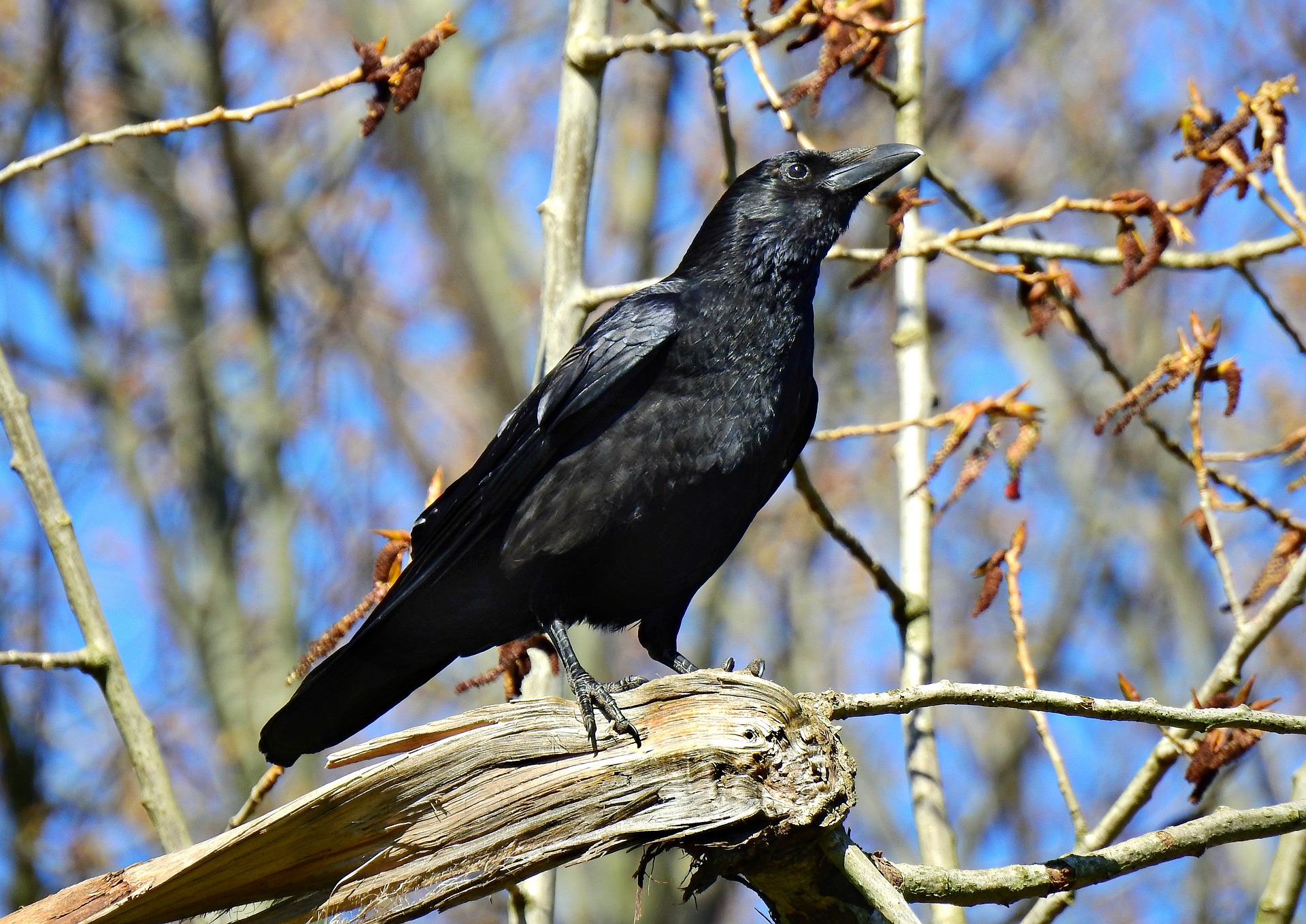
KSC: For what are you grateful? Do you consider yourself a grateful person?
WMA: I would not consider myself a grateful person, in general, because I think it’s something I’ve got to remind myself to do. Reading the news makes me think, ‘Okay, I really need to stop bellyaching and realize I’ve got a lot more than most people have and should be doing more with what I have.’ So that’s on an enormous scale.
I think on the smaller scale, I’m grateful for my animals. I have animals that are snuggle bugs. I’m always grateful for that. As my dad was dying, I would wake up in the middle of the night just crying and crying and my dog Zinger would lie right on me and just lick my face all over. That was good.
I don’t know if you know this, but I took in a little cat–a brown tabby with an ear tip. She hadn’t gotten adopted after seven months at PetSmart–she was skittish. She had clearly lived outside when she was pretty young. Basically she’s semi feral. Zinger and I went over to look at her. She came up to the front of the kennel looking at him and pawwing the glass. We eventually introduced them. They were absolutely fine with each other, and then we brought her home. Her name’s Tatum. Now they are great big buddies. And she and my orange tabby Holmes are as thick as thieves. I’m the one she’s worried about, what with being a human. She’s got a lot of courage in her, and she has been getting up her nerve to come over and get closer to me. About two weeks ago, I was lying on the couch, she was in the bedroom, and I called her. I wasn’t sure she knew her name, let alone that she would come, but she came. And now, anytime I’m lying on the couch, she views that as her time to be with me. She kind of stands on her little head, which is funny, because I mean, how many cats stand on their head to get petted? But she does. [She] puts her butt up in the air like downward dog. I’ve never been able to get a picture of it. She’s getting more and more snuggly. Lying right next to me now and getting petted. She’s purring. I think that’s one of the most gratifying things about having a cat. You really feel like, ‘Okay, here I am, doing something right in the world.’ When Holmes will just sit on me all happy while I’m sleeping, it’s like, ‘Okay well this is easy’ compared to everything else I’m doing that takes so much energy. I’m definitely grateful for them.
The other thing that became clear as my father was leaving us, and we knew he was leaving us, was how I am so fortunate to have my siblings. They are good people. We get along together. We have a lot in common besides just our parents. How few families have all that? I’m very fortunate. I am grateful for them. And in fact, I think last Christmas or Thanksgiving we went around the table and said what are we grateful for. Me? My siblings.
KSC: Do you have a gratitude practice? Do you do things that you would consider grateful living?
WMA: I’ve been subscribing to Tricycle, which is a Buddhist magazine online, and every morning they send you articles to read. A recent article suggested that at the end of the day, think of three things that people have done for you. Even if it’s something as simple as your wife noticing that, ‘Oh, maybe he would like a cup of tea,’ and just getting it to you. I tried that for a while, and that was nice–to sort of end the day on that note. Realizing these things are small, but they mount up. The other thing is–maybe it’s not quite gratitude, but it’s making [a] silk purse out of a sow’s ear– watching comedy like Stephen Colbert, Noah Trevor, and John Oliver. They have so much material with the current horrible administration, but they can give the whole thing such a spin.
KSC: Do you consider yoga part of your gratitude practice?
WMA: Well, to the extent that it always feels good when I’m doing it, and it definitely changes my mood when I leave there. I suppose it does, but [I’m] not consciously thinking of that way. Last Christmas when I was unemployed, my brother Dean said that the present they were going to give me was to pay for my yoga classes so I could keep going to them because he knew how important those were. Saying that now brings tears to my eyes.
KSC: Do you think people can learn to be grateful? Is gratitude something we can learn?
WMA: I think it’s something we can be mindful of. One of the things I’ve learned when I’ve been doing strategic planning: You get what you focus on. If you are focusing on only the bad, that’s what you get. That’s your life.
You have to be able to say that. Set time aside and think there is good. There are positive things. People get up in the morning. They write a to-do list. I was thinking, ‘I really should write a to-do list in the morning.’ The first thing would be to listen for the crows. I happen to like crows and I can hear them in my bedroom. I don’t necessarily see them, but their caws can get me into their world. The natural world that has nothing to do with human beings.
KSC: That’s your connection. Your longtime connection with the natural world and animals.
WMA: I will say, I’m very grateful for living right next to Rock Creek Park. Today, I woke up, wasn’t feeling great and I thought about Zinger lying around, bored. It’s a beautiful day and after thirty minutes in the park, the forest just makes me feel better, and I’m like, ‘Oh my God, what kind of fun this is? What’s that bird call? Or What’s that weird bug?’ It just takes you completely outside of yourself.
KSC: Maybe that’s a way we can learn to be grateful? If we spend more time outdoors.
WMA: Oh, absolutely. I mean, I think part of it is just getting away from the human-centric world.
KSC: Do you think is there a connection between gratitude and creativity? As an inherently creative person. As a thinker. As a writer. Is there a connection?
WMA: I don’t think there’s a lot. I don’t think you can be creative when you’re feeling anxious or shut down. I think you have to be more open. I don’t know that I [would] necessarily say that would be gratitude. I think maybe I’d actually probably use the word curiosity.
When I started, and got the first check for my new job, and it was just the relief, just such a tremendous form of relief. I will also say, having gone through a period of unemployment–and it was a long period of not having any money coming in and feeling like I might lose everything. I’m very mindful of, ‘Okay, so now you have this money coming in the door again, how are you going to spend it and your time? What are you going to spend it on? Like, let’s just let’s rethink this.’ I feel like I’m being given a second chance and for that I’m grateful.
When I worked in the law-firm world, I made a lot of money. I had a horrible existence. I wasn’t using the money to do anything. I was just … I was doing the work. I was trying to do the best job I could by their criteria, but I never had this sense of doing this for me. Whereas, like now, I feel like I’m earning this money for me so that I can do something. That’s a different mindset and that’s a much better place to be.
KSC: This thought just came to my mind as I was listening to you saying this time around it feels different: one of the things that Seth Godin said was that the antithesis of gratitude is entitlement. What does that make you think about?
WMA: That sounds so right. I don’t feel entitled, because a month and a half ago, I was thinking I was going to have to pack everything up and [move] in with my sister, sleep in their guest bedroom. I haven’t changed. I am the same person. Right? You know, I haven’t really done anything. I have the same skill set as I had then. I don’t feel entitled to it. I just think that this is where I am right now, but this is not my identity.
When Buddha was alive, there was a tradition in India that there is a third stage of life, after being a “householder,” when, people would give up their possessions and privileges and “go forth.” You’re supposed to go out into the forest and leave all your material things behind and just go. This stage is your spiritual time of your life. It’s not like you’re about to die or anything, but this is just the next stage, when you “go forth” into the world. Buddha said as a householder, you have so much dustiness in your life because of your possessions. When you go out into the natural world you leave all the dustiness behind. Buddhists teachers say the concept of dustiness was figurative, but I think Buddha might have been talking about actual dust. I’ve spent so much time in my life dusting my stuff.
KSC: We live on the fortieth floor of downtown, in downtown Miami, in a building in the midst of a construction zone. There’s so much construction dust. Between cat hair and construction dust … this is ridiculous. Like I am existing to dust. Living to dust.
WMA: I remember when I got that first check for this new job, and I thought about dusting. I could hire a housecleaner! That would be awesome. I hadn’t had one in years. I just have gotten used to a little bit of dust.
KSC: Is there a connection between gratitude and community?
WMA: I think so. There’s certainly a connection between gratitude, friends, and family. On our way home from my dad’s wake, the evening before his funeral, I got a phone call from the property manager here in Silver Spring saying, “There’s been a hot water flood in your apartment. It’s flooded all afternoon. You’ve got to do something about it.” I’d just left my father’s wake six states away from my apartment. So, I was not going to do much about it. But you know, I had my cat Holmes in the apartment. I was very grateful that I could pick up the phone, call the cat sitter, who got to my cat within twenty minutes and pull him out. And then I called my friend Moira, and she and her husband ran over, turned the valves off, threw towels all around, tossed a soaked Oriental rug into the bathtub. I couldn’t do anything. I couldn’t… I was really grateful [for] the people who just suddenly pitched in. That’s the goodness of people. It’s just nice that they would be willing to do that.
It’s sort of like grace. Grace. I’ve been thinking about this. When I was unemployed, I was going through my savings, so much so that I was so close to having to give so much up, and I did have to give a lot of stuff up like buying lunches out, getting my haircut. I haven’t gone to the dentist in five years just because I just didn’t have the money for it. And when you think of these people who are fleeing their countries with, you know, a suitcase. You think of the cab drivers here in DC and they tell you their stories and you’re like, ‘Oh my God I could never do that.’
KSC: Tell me more about grace. What is grace to you?
WMA: In the Christian tradition, it’s the notion that you are not getting something from God because you’re so good. You’re probably pretty bad. You’re not living up to what you’re supposed to be, but nevertheless, you’re given things. Nevertheless, you’re forgiven for what you have done. It’s not because you’re deserving. It’s not because you’ve done something so well. Like my friends who showed up when the apartment was flooding to turn everything off. The cat sitter didn’t owe me anything, but they just did it. I wasn’t entitled to it. It was just … they pitched in. It wasn’t an issue about merit or deserving this. Right? It was freely given. It had nothing to do with me. It had everything to do with them. That’s amazing that I have got these people around who will do that. I’ve got to remember to do that. They are role models. I guess that’s how I want to think of grace. It’s unearned, you know.
KSC: That makes me think of one of my favorite parts of Unitarian teaching–original blessing. The whole blessing ceremony. Families stand and babies are welcomed into blessing and to the community. When you were talking about grace that the notion of original blessing connected for me there. It’s interesting the theological element of gratitude very seldom comes up in my conversation.
WMA: See, I can give you dust and theology. You know? There you go.
KSC: Leonard Pitts, a Pulitzer Prize-winning editorial columnist, also talked about God and grace. He said he was grateful to God. He says we are grateful, but we never say grateful to whator grateful for. He feels we are always very grateful forbut not grateful to. You conjuring grace and bringing grace into this conversation is an element of all of this. For you to ask me at this point on this journey, ‘How do I understand gratitude now?’ I don’t know that I’ve answered it the same way. It’s sense making. In some respects, you talk about grounded theory. In grounded theory research, you can have all kinds of empirical data. I have been studying some of the empirical gratitude work.
All of this work to make gratitude and to make grateful living real. To make the way we interact with each other more loving. To be able to talk about it in terms that people can understand. That you don’t have to be a monk or a yogi or a renowned theologian or a scientist. The more I can talk about it in language that [expresses] that people can live grateful lives the more we know gratitude and love. That is the point. Thank you for pushing my thinking.
WMA: All the awfulness. Couldn’t there be something else? Are we missing something here? Isn’t there a different paradigm? We have all these things that are urgent but not important. Truly important. Like my dad dying. Tatum being able to snuggle up to me is important. How my mom is doing. Those are the important things. I’d rather have a mindset that’s expansive enough to recognize that. It’s how I want to live my life. I’m not being Pollyannaish about it, but there is a lot to be grateful for. There’s a lot that’s positive.
KSC: The heart of it is being present to one another. To me, it boils down to ‘Don’t be an asshole.’ It’s just that simple. How do we love one another and what does that look like? And how do we act in ways that don’t create more conflict and hatred. It starts with making those choices that are small but huge.
I am right up there with the Dalai Lama who says it all boils down to love. All religions. All whatever you want to say. Acting in ways that create more love in the world. Of all kinds, you know.
WMA: I’m thinking these things are part of it. Like I have this appreciation for–and I didn’t notice it before–but now I’m noticing [and] it’s very funny to me there is clearly such a thing as cat time. I call Holmes and Tatum and they actually come now all of the time. They’ll sit down and look at me. They have their own time, you know—cat time is slower than human time. You can see the wheels turning: ‘Shall I jump up on the bed? On this side?’ Then they get up there. You have to shift out of your usual gear with these guys. You don’t get to interact with these animals if you’re in fifth gear. There is this peace that comes over me in contentment when I am down in this low gear.
It all comes back to reclaiming what matters, you know? Like when you were talking about noise. How do we reclaim our minds and our hearts? It seems so real but it’s just passing. It’s temporal. This too shall pass. Maybe something worse is going to happen. I don’t know, but this too shall pass. And in the meantime, the crows are gonna outlast us.
About Katie
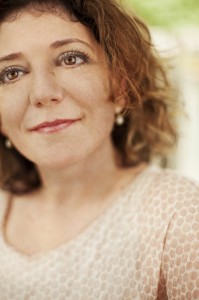
From Louisville. Live in Atlanta. Curious by nature. Researcher by education. Writer by practice. Grateful heart by desire.
Buy the Book!
The Stage Is On Fire, a memoir about hope and change, reasons for voyaging, and dreams burning down can be purchased on Amazon.

